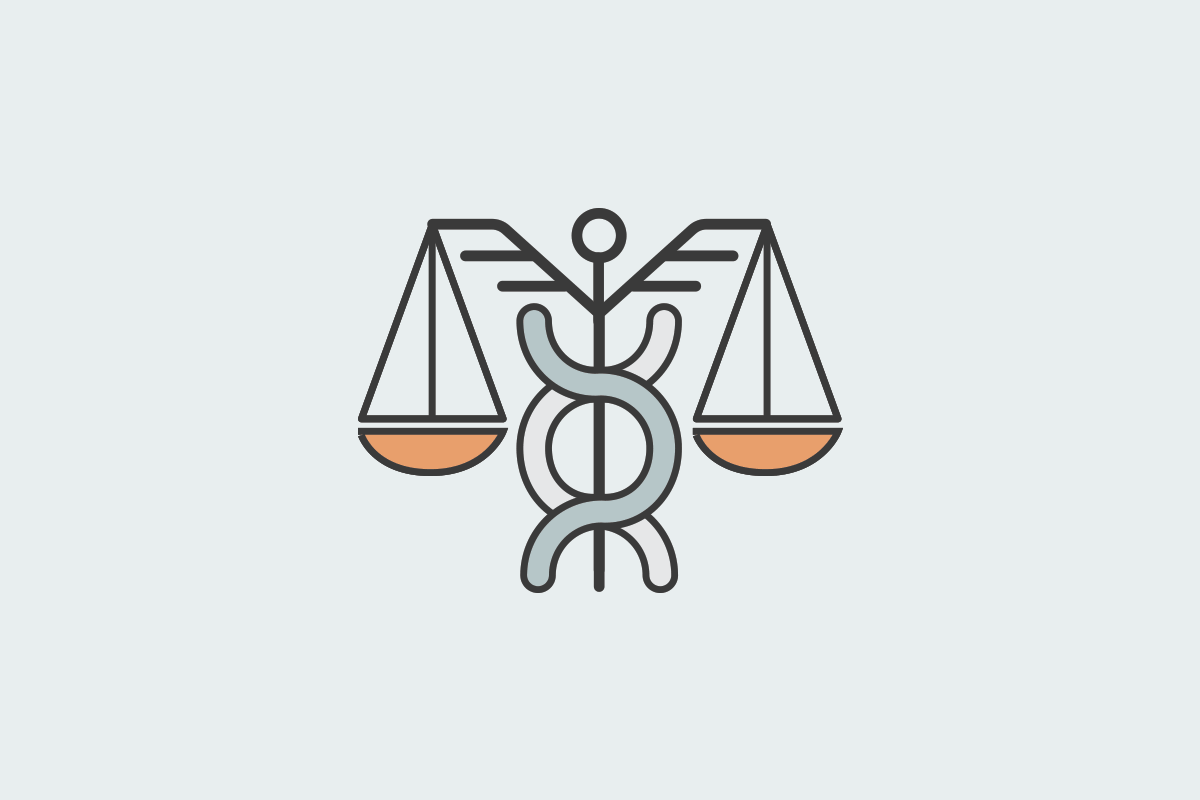During the COVID-19 pandemic, people spent a lot of time isolated and indoors, which helped foster an environment where some people now feel lonelier than ever. The result is a loss of social connectedness—the degree to which people feel the social connections and relationships in their lives to satisfy their wants and needs. When social…
Your Welcoa membership has expired.
Civil Rights and Wellness
The following article does NOT constitute legal advice and should not be used as such. It is for educational purposes only. Readers should retain legal counsel to obtain definitive answers.
The recent US Supreme Court decision Bostock v. Clayton County giving protection against discrimination to LGBTQ employees does a lot more than expand Title VII’s reach. It also gives those employees a better chance at achieving wellbeing at work. I have been saying for a while that adhering to the principles of civil rights laws such as the Americans with Disabilities Act (ADA) and Title VII of the Civil Rights Act are fundamental to achieving wellbeing at work. If an employee faces discrimination or harassment at work, whether blatant or even bias that is imperceptible to the untrained eye, any other efforts by an employer to promote wellness at work will likely be futile.
That stance about the tie between wellbeing and civil rights was recently validated by Professor Gary Harper from my alma mater, the University of Michigan School of Public Health. In his interview about the impact of the Bostock case, Professor Harper points out that subtle and direct forms of discrimination happen all the time to people who possess an array of social identities. This was made clear to me in an interview I recently conducted with Professor Rachael Robnett from the University of Nevada Las Vegas. She shared a story of a colleague who is African American and was hired as a professor at another institution. When this colleague showed up to her classroom on the first day, the instructor using the room right before questioned her as to why she was at the front of the classroom looking at the equipment. He assumed she was a student, not a professor. Similar instances occurred during her tenure at this university, accumulating to a feeling like she did not belong. How can a workplace wellness program achieve its goal of improving health and wellness if an employee who faces subtle and perpetual discrimination feels like they don’t even belong there?
Which is why the Bostock case is even more important in terms of advancing wellbeing at work. As Professor Harper points out, the fact that the US Supreme Court concluded that sexual orientation and gender identity are protected classes under Title VII sends a very strong psychological message. Even if those individuals had protection under existing state laws, a declaration from the highest court in the nation validates them. The Supreme Court’s decision translates to “You matter,” which are uplifting words for individuals who had no legal protections at work before. It contributes to their sense of belonging, gives them strength, and from there, workplace wellness programs can start making a difference.
Thus, civil rights laws in the workplace matter to workplace wellness success. If wellness professionals fail to address the subtle biases that exist and has been made ever more apparent in the wake of the George Floyd protests, we will never succeed on achieving worker wellbeing. Civil rights law education should be an integral part of wellness training and programming. Wellness professionals must not only appreciate the purpose of these laws, but be champions in stamping out bias and prejudice to ensure that every employee has an equal opportunity to achieve wellbeing.

Barbara J. Zabawa
President of the Center for Health and Wellness Law, LLC
wellnesslaw.com
Health Promotion Program Legal Updates*
Every 3rd Wednesday from 10:00–11:00 AM CT
*This is an exclusive WELCOA Member Resource.




